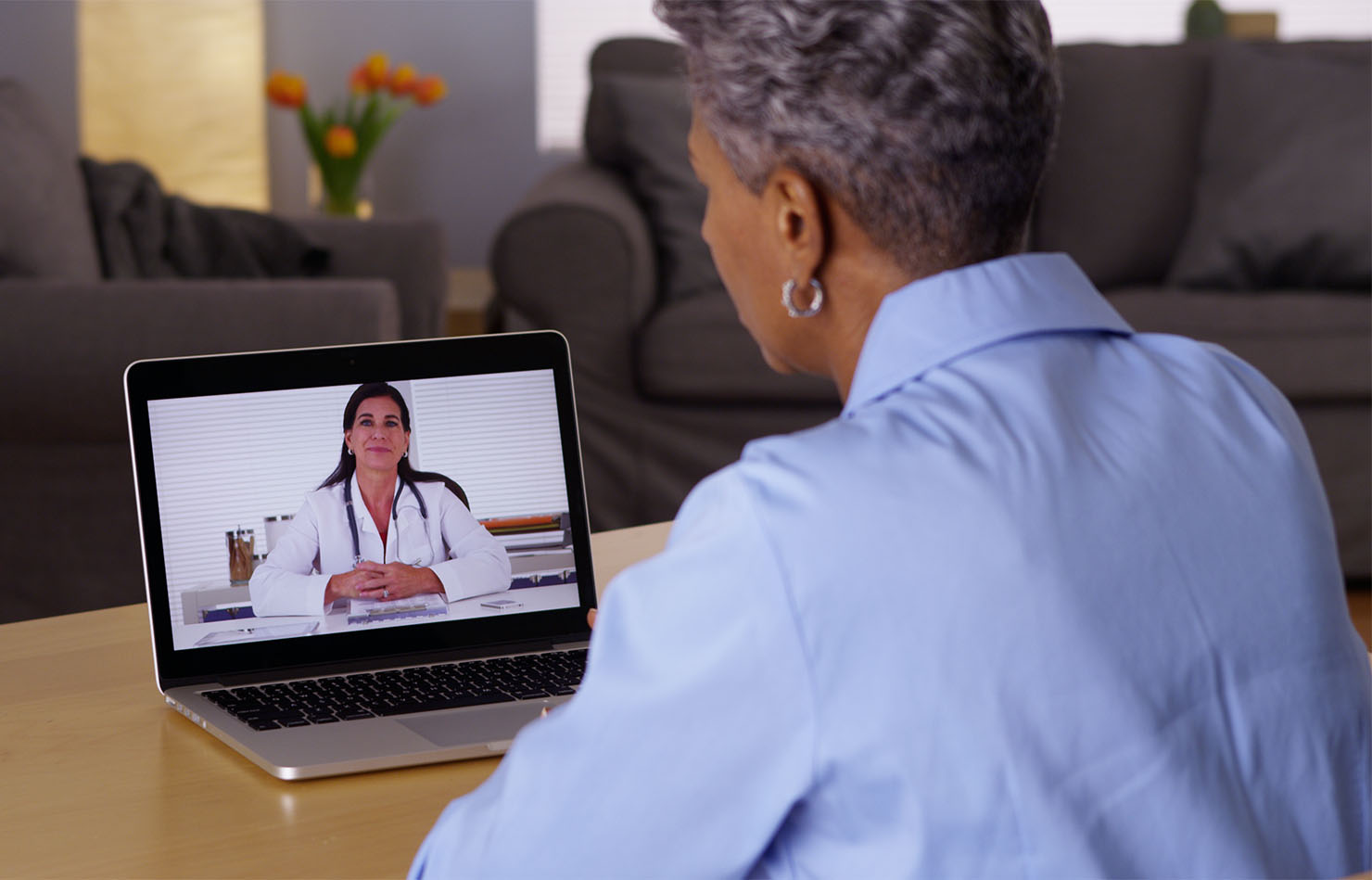
By Dr Scott Parsons
GP Clinical Editor
North Western Melbourne Primary Health Network
As we are bombarded by news and information regarding coronavirus it can be difficult to grasp what is relevant and what is out of our control. Here is what we know. This is a virus that will cause significant mortality in the vulnerable, particularly the elderly with underlying medical conditions. This means we have in our control two decisions:
- Lessen the likelihood of catching the virus.
- Prepare those who are vulnerable in case of infection.
The first challenge is to somehow isolate those at risk. This will depend on current living arrangements, their mobility, and their general health. Some tips and suggestions include:
- Maintain communication by phone and electronically for a period rather than visiting.
- Offer to drop off food and supplies to avoid contact.
- If they live with you, perhaps consider an alternative situation for a period, such as a short term rental. If this is not possible section off part of the house and have strict rules and boundaries. Eat at different times, clean surfaces regularly, if possible designate bathrooms and spare rooms etc.
- Follow the current hygiene practices and ensure anyone who is unwell has no physical contact whatsoever.
The second decision is how best to prepare for the possibility of infection. This will involve sitting down and discussing some of the scenarios that might occur.
- Advise that the illness is flu like and may last two weeks. The biggest challenge is respiratory disease which will present as difficulty breathing.
- Ensure that there is a valid will and health directive in place.
- Draw up a scenario for three different situations:
- Mild disease – where home care is optimal.
- Moderate disease – may need hospital but will definitely need close monitoring.
- Severe disease – hospitalisation.
Managing a vulnerable confirmed case at either your home or their home requires some planning.
- If they are in your home all who have had any contact will be in isolation. This probably means everyone who lives there.
- It is advisable to keep the confirmed case in their own room and designate a bathroom
- Surgical mask and disposable gloves should be used by anyone attending the confirmed case
Follow the DHHS confirmed case fact sheet.
- If they are in their own home, and are reasonably independent, planning will involve:
- Ensuring they understand the isolation guidelines.
- Deciding on level of care required:
- At present there are public health services to attend vulnerable confirmed cases, but these services potentially will be stretched as demand increases.
- Consider deciding on a possible family caregiver if day to day care is required.

If you are managing a vulnerable person with COVID-19 you should check that your local GP can provide telehealth. - In some cases a young healthy responsible family member may be required to either live in the same home to help with day to day living. Remember, this person will have to self-isolate as they are a close contact. They should be educated on contact protocol per the DHHS confirmed case fact sheet.
- Ensure plenty of medications, nutrition and ‘comforts’ are available for at least two weeks.
- Have a contingency plan for food and medicine, for example: dropping off supplies at the front door.
- Ensure communication is easy for them. If you are worried make sure they can Telehealth or FaceTime so you can see how they look. Organise specific times each day to ensure they are ok.
- Have a plan if it is clear they are deteriorating.
- Ensure you are aware of your local health services capacity to help if deterioration occurs.
- Start with Telehealth. Check that your local GP can provide this.
- Consider the DHHS hotline 1800 675 398.
- Worst case scenario call an ambulance and attend the local Emergency Department. This should be done where there is quick deterioration such as difficulty breathing, unable to communicate or unable to ambulate.
This is a difficult time but if everyone understands what is required this will enable the health services to cope with the sick over an extended period.
Good luck.
Dr Scott Parsons is a Melbourne GP and a clinical editor at North Western Melbourne Primary Health Network.
Media inquiries:
Mary-Anne Toy
North Western Melbourne Primary Health Network
Mob: 0438 356 312
mary-anne.toy@nwmphn.org.au




